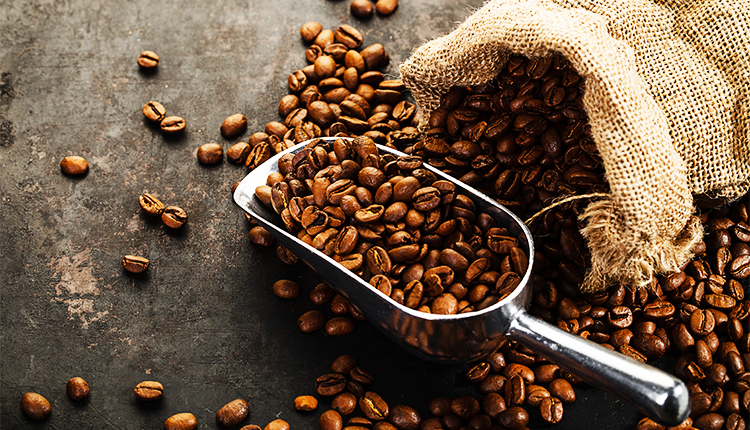
The devaluation that the Colombian peso in recent days, following the outbreak of the coronavirus, has triggered the cost of a load of coffee, to 1,260,000 pesos, $1.260. It is the highest value in history.
According to Roberto Vélez, the manager of the National Federation of Coffee Growers (FNC), the rise in the price and quality will allow small producers to recover losses from recent years. However, they are far from an economic boom.
The Colombian coffee growers can derive an income from the coffee business that allows them to live decently, Velez said.
At the same time, the union leader explained that right now, there is not much coffee. The first harvesting season would start in May. However, in some areas, the grain is already maturing. As a result, there are high expectations about what can be done this first semester in terms of volume and prices.
The coffee sector remains concerned about the harvest coming next month
Farmworkers are the backbone of coffee production. Without their presence, producers won’t be able to harvest their crops.
Both full-time farm workers and seasonal coffee pickers faced several challenges that kept them doing their work. Farmers decided to abandon the industry due to low wages, hard and dangerous work, and poor conditions. Between 2015 and 2019, the country lost 40 thousand hectares of cultivated coffee. Colombia now has 855,000 hectares, which sustains more than 500,000 families.
Before the coffee harvest in April, peasants raised the alarms that this process would be at risk. Restrictions due to the health emergency would prevent the harvesting of the grain.
There is a concern that collecting coffee requires the displacement of thousands of “wanderers,” scattered in more than 500 municipalities. They are agricultural workers who travel to different regions of the country, looking for coffee to survive and help their families.
In this sense, Óscar Gutiérrez, spokesman for agricultural dignity, urged government measures to save this harvest. He stated that next week the coffee harvest starts and there is no one to do it for now. The national government doesn’t take any measures to carry out this process, he said.
Dignitaries propose to hold virtual meetings with the National Government. It could help implement adequate controls. It would also support achieving high levels of safety for the health of workers, their families, and the inhabitants of the municipalities, where harvesting of the grain would be advanced.



